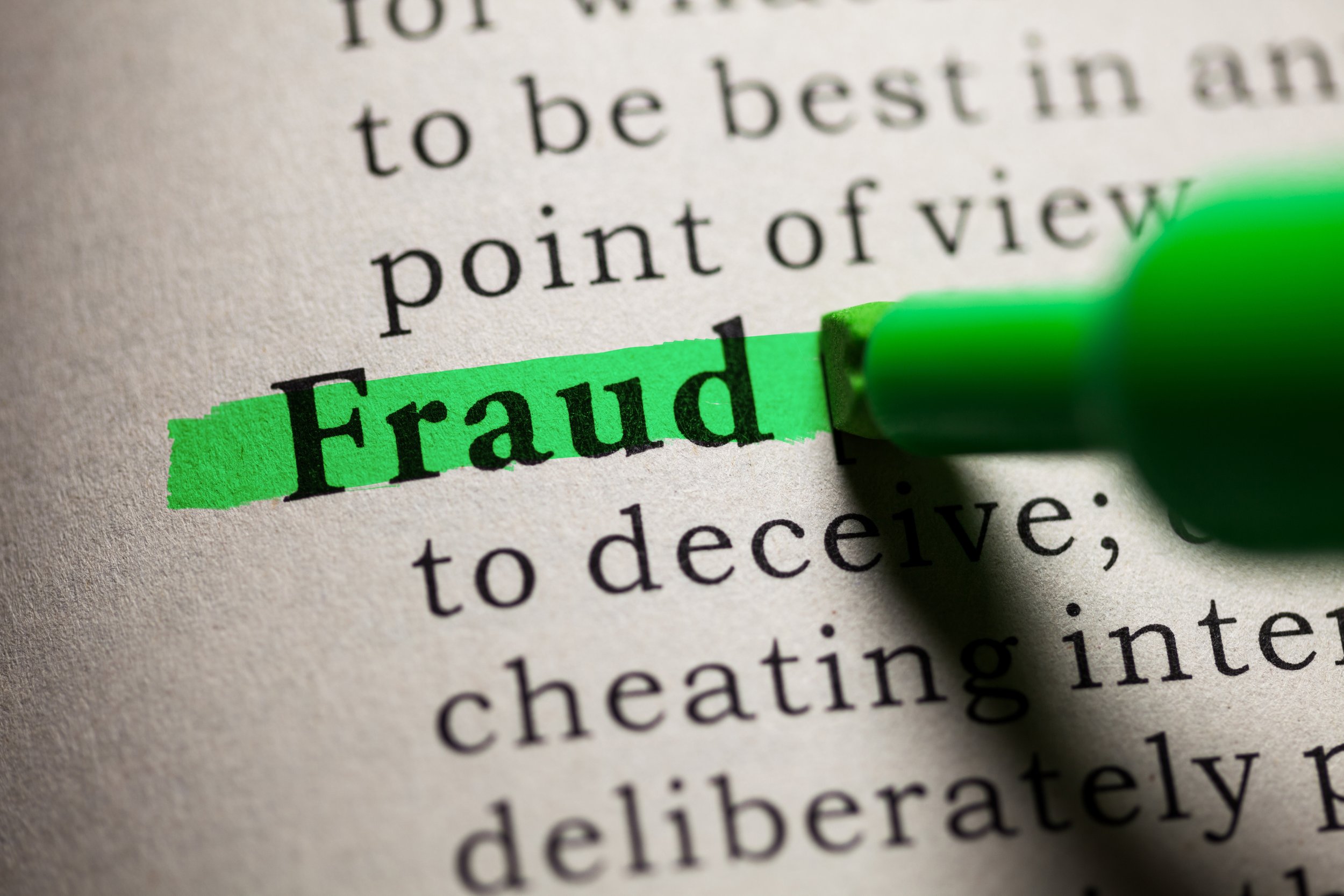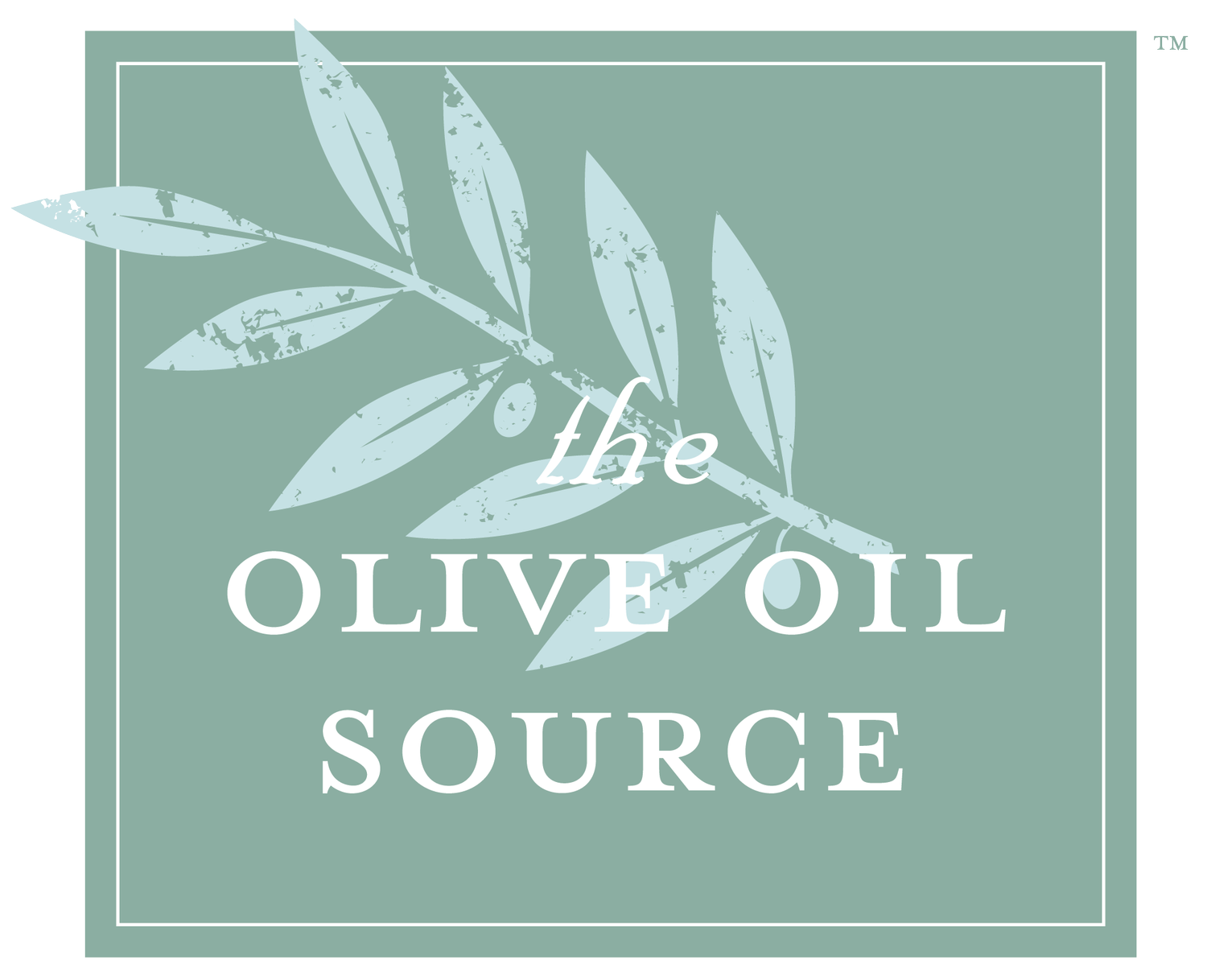
Adulterated / Fraudulent Extra Virgin Olive Oil
With the proliferation of non-evidenced based content on the Internet, it’s difficult to determine what is fact and what is fiction in the olive oil business. We would like to help our customers and content-consumers at The Olive Oil Source better understand the facts around adulteration and fraud with respect to extra virgin olive oil. To cut to the chase, the fact is that there is indeed an abundance of adulterated/fraudulent extra virgin olive oil on the market.
We’ll explain the current state of extra virgin olive oil standards, reference a notable UC Davis extra virgin olive oil study, note some press on the industry, then offer some recommendations to ensure that you’re actually buying real extra virgin olive oil.
EXTRA VIRGIN OLIVE OIL TESTING STANDARDS
The Olive Oil Source has been directly involved in the process of establishing clear metrics by which extra virgin olive oil can be judged/evaluated for the state of California (co-founder Shawn Addison served on The Grades and Labeling Standards Committee for the California Department of Food and Agriculture’s Olive Oil Commission of California). There are many organizations and regions which have produced extra virgin olive oil standards and definitions. For example, we have the International Olive Council (IOC), which is not regulatory and does not conduct any testing whatsoever; the German Standards; the Australian Standards; and the California Olive Oil Council (COOC) Standards to name a few.
Different organizations use different rules for classifying an olive oil as extra virgin olive oil. We can unequivocally tell you there is no gold standard that is followed by all regions that produce extra virgin olive oil. What does that mean? There’s plenty of room for manipulation and fraud within the classifications.
That is, until 2014. That’s when a new sheriff came to town.
In 2014, California passed the Grade and Labeling Standards for Olive Oil, Refined-Olive Oil and Olive-Pomace Oil, which are highly restrictive regarding (among other things) use of the phrase/classification extra virgin olive oil. The law includes clear tolerances with respect to chemical testing and sensory (gustatory) testing. For producers of >= 5,000 gallons of olive oil annually, every batch must be tested by external testing agencies to ensure that they are properly classifying their olive oil grades, and the results must be submitted to the CDFA. Perhaps more importantly, the law authorizes random testing of any of these producers by the CDFA to confirm that what producers are submitting is accurate.
EVIDENCE OF “EXTRA VIRGIN OLIVE OILS” FAILING SCIENTIFIC TESTING: UC DAVIS REPORT
In April 2011, UC Davis published a report entitled Evaluation of Extra-Virgin Olive Oil Sold in California. It employed scientific methods to evaluate top-selling imported extra virgin olive oil brands using both the IOC and the German/Australian Standards. To address the sensory portion of the IOC testing, two IOC-accredited sensory panels were used to conduct analyses.
The results?
IOC testing (sensory + chemical testing):
73% of the top-selling imported brands (Colavita, Star, Bertolli, Filippo Berio, Pompeian) failed both sensory panels.
None of the California brands failed both sensory panels.
Failure rates for the IOC chemical tests were low for the top-selling imported brands.
None of the California brands failed any of the IOC chemical tests.
German/Australian chemical testing:
70% of the top-selling imported brands failed the DAGs test.
None of the California brands failed the DAGs test.
50% of the top-selling imported brands failed the PPP test.
56% of the California brands failed the PPP test.
CRIMINAL EVIDENCE IN THE NEWS
In addition to the scientific evidence presented above, we have recent news of the arrests of 33 persons accused of olive oil fraud in Italy. The investigation alleges that the Calabrian mafia is a “major player in agromafia, including an elaborate olive oil scheme.” Per The Olive Oil Times, investigators report that the Piromalli clan has been, “…labeling low-quality, adulterated oil products as extra virgin olive oil and exporting it to the U.S."
This particular adulterated/fraudulent extra virgin olive oil sting is but one example in a sea of similar stories proliferating on the Internet.
WHAT'S A CONSUMER TO DO?
How can you be sure you're getting real extra virgin olive oil? Here are our recommendations:
Buy from reputable California producers. In the U.S., California produces the vast majority of the olives. With California’s new strict standards, the likelihood that you are actually going to get what the label says is in the bottle is very high.
Do your research – find a California producer and look into its background – inquire about testing and analyses.
Study the UC Davis Report findings and give careful consideration to its findings before purchasing brands with high failure rates.
Remember the old adage, if it looks too good to be true, it probably isn’t. Making high quality extra virgin olive oil is an expensive venture – that’s why it pays to cheat. If you find inexpensive extra virgin olive oil on your market shelf, do some homework before you buy it.
At The Olive Oil Source, we take our integrity very seriously. It is hurtful to our entire industry when bad players damage the reputation of the industry as a whole. When you buy from us, you can rest assured that you are purchasing precisely what our label indicates.
Buy Extra Virgin Olive Oil You Can Trust
~
Buy Extra Virgin Olive Oil You Can Trust ~
SOURCES
Frankel, E. N.; Mailer, R. J.; Wang, S. C.; Shoemaker, C. F.; Guinard, J.-X.; Flynn, J. D.; Sturzenberger, N. D.: Evaluation of Extra-Virgin Olive Oil Sold in California, University of California Olive Center
Michelle Smith: Italy Arrests 33 Accused of Olive Oil Fraud, Olive Oil Times
Rebecca Burn-Callander: Olive oil crisis looms as poor harvests set to cut yields, The Telegraph
Grade and Labeling Standards for Olive Oil, Refined-Olive Oil and Olive-Pomace Oil, State of California, Department of Food and Agriculture

